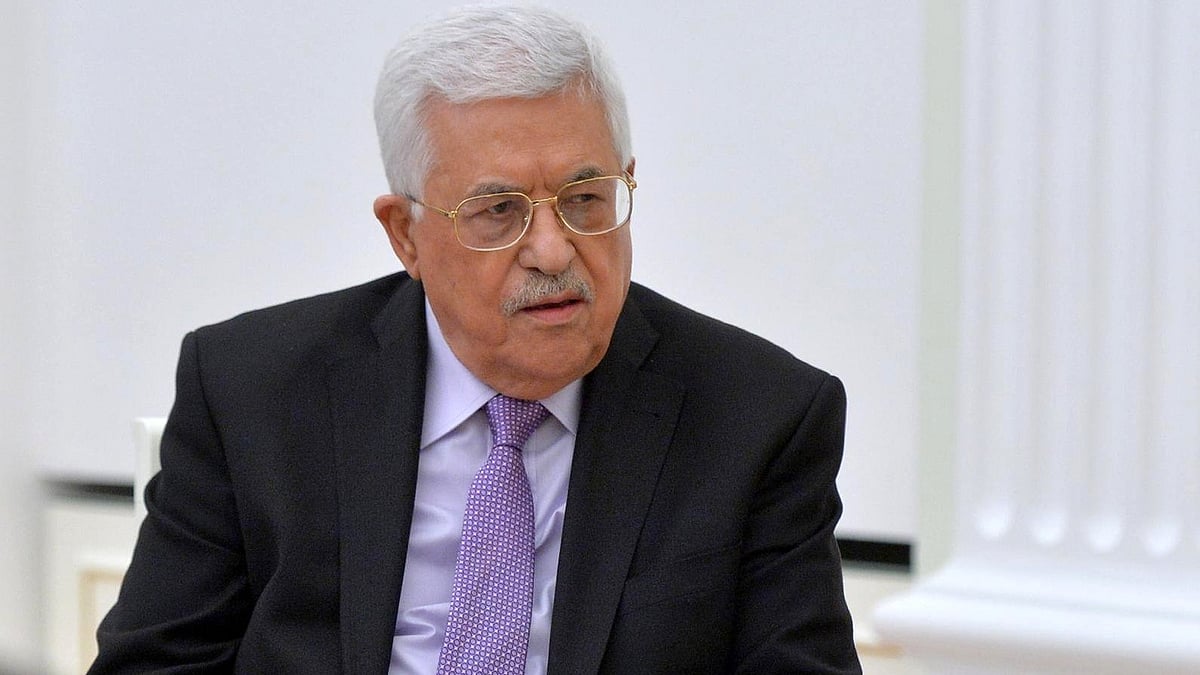World
Mahmoud Abbas turns 90, facing waning legitimacy and a bleak future for Palestinian statehood
Under pressure to stay relevant, Abbas has promised elections within a year of the war’s end and announced a Palestinian-French committee to draft a new constitution

Palestinian President Mahmoud Abbas turns 90 on 15 November, marking a milestone overshadowed by deep political isolation, plummeting public support, and a historic crisis engulfing Gaza and the West Bank.
Once seen as the steward of a future Palestinian state, the world’s second-oldest serving president now presides over shrinking pockets of authority and a population increasingly disillusioned with his leadership.
Abbas has spent 20 years in office without holding national elections. Critics say that vacuum has left Palestinians leaderless as Israel’s war against Hamas devastates Gaza, West Bank settlements expand, and right-wing Israeli allies push openly for annexation — a move that would extinguish the two-state vision at the core of Abbas’ political career.
Despite Western proposals for a reformed Palestinian Authority (PA) in a postwar Gaza, the US has deferred to Israel’s refusal to let Abbas govern the territory. Many fear that, without a credible Palestinian leadership, Gaza could be handed to an international administration dominated by Israel’s allies, leaving its residents voiceless.
“His legitimacy was depleted long ago,” said pollster Khalil Shikaki. “He has become a liability to his own party, and to Palestinians as a whole.”
A PCPSR poll from October found:
80 per cent of Palestinians want Abbas to resign
Only one-third support PA governance in Gaza
A margin of error of 3.5 points
Arafat’s heir, weakened by division
Abbas assumed office after Yasser Arafat’s death, amid hopes of a negotiated peace. But Hamas’ violent takeover of Gaza in 2007 entrenched geographic and political division. Within the West Bank, Abbas’ authority is constrained by Israel’s sweeping control of resources, land and movement.
Published: undefined
Former prime minister Ehud Olmert says PM Benjamin Netanyahu has made it his “strategy from Day 1” to weaken the PA and block the possibility of a Palestinian state. Israel has also frozen billions in Palestinian tax revenues over stipends to families of prisoners and those killed by Israeli forces.
While Abbas continues security cooperation with Israel — a cornerstone of Western engagement — many Palestinians see the PA as a subcontractor of the occupation, policing dissent while the territory erodes beneath it.
Analysts say Abbas’ refusal to open political space has crushed alternative leadership and popular mobilisation. “Politics has been removed as a way for young people to engage,” said Bir Zeit University professor Abdaljawad Omar.
That paralysis, Shikaki argues, reinforces support for Hamas. Even Palestinians who oppose Hamas’ 7 October 2023 attack see the group as “doing something” while Abbas “does nothing.”
Promises of reform meet widespread doubt
Under pressure to stay relevant, Abbas has promised elections within a year of the war’s end and announced a Palestinian-French committee to draft a new constitution.
But 60 per cent of Palestinians doubt elections will ever happen. Polling shows that imprisoned Fatah leader Marwan Barghouti would win overwhelmingly, with Abbas trailing far behind Hamas candidates.
Analysts say neither the US nor Israel seems interested in real democratisation. “Any effective ruler would confront the Israeli occupation,” said Ines Abdel Razak of the Palestine Institute for Public Diplomacy.
For now, observers say Israel is likely to block the PA’s return to Gaza, knowing that reunifying the territories would strengthen Palestinian statehood claims. “Israel is calling the shots on the ground,” said former PA minister Ghassan Khatib.
Inputs from PTI/AP
Published: undefined
Follow us on: Facebook, Twitter, Google News, Instagram
Join our official telegram channel (@nationalherald) and stay updated with the latest headlines
Published: undefined